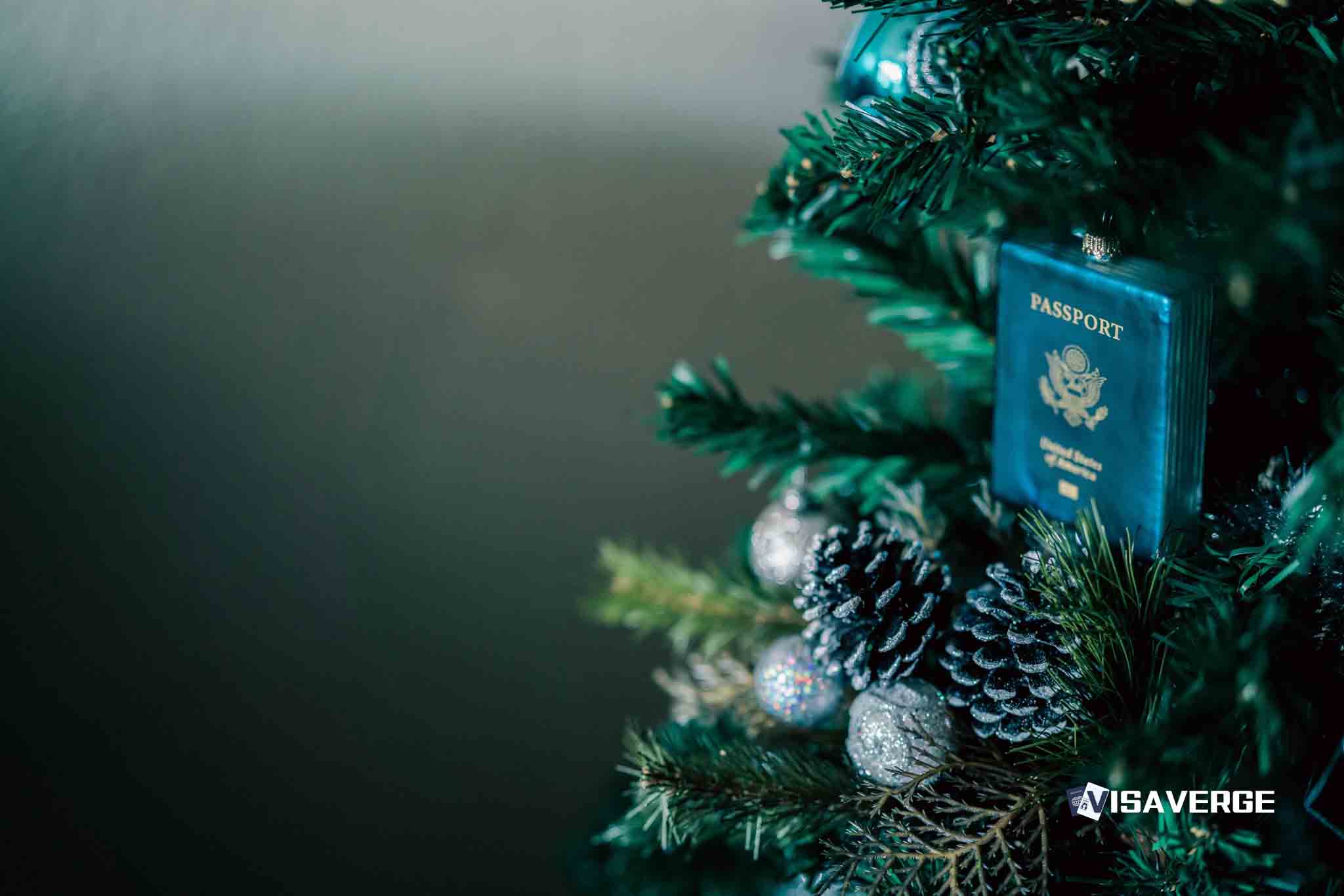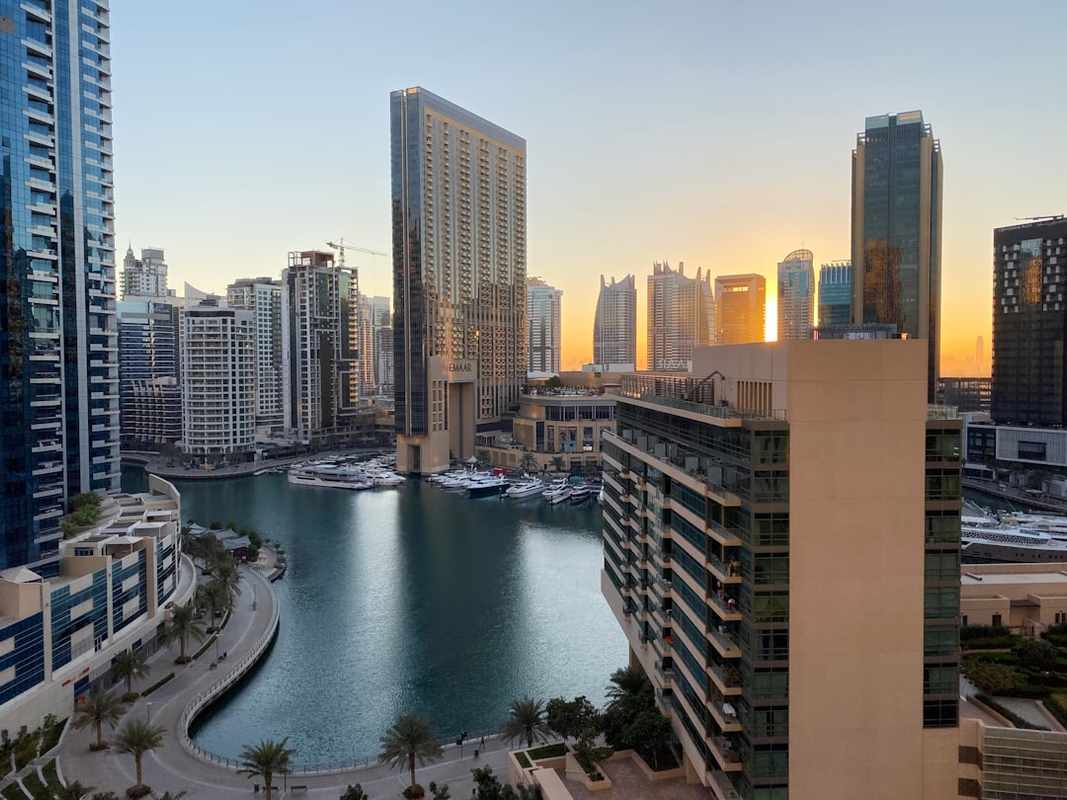(SOUTH AFRICA) Africa’s investor-residency space is maturing fast. As of August 10, 2025, three countries stand out for clear routes that tie foreign investment to residency rights: South Africa, Mauritius, and Namibia. This ranked list compares them based on the factors investors ask about most: program structure and clarity, political and legal stability, the strength of local markets, travel value, and basic cost signals where public sources exist.
The focus is practical: what you can do now, what is known, and what still needs checking on official channels. According to our source material, these rankings reflect how each country currently presents a structured path for investors. Not every detail is public, and some governments release terms in phases. Where official thresholds or fee tables are not available, you will see that noted plainly.

Ranking method
We rank the top three programs using these factors:
- Program structure: how clear and structured the investor-residency route is today
- Stability and rule of law: track record that supports long-term planning
- Market depth: real estate and finance options suited for global investors
- Travel utility: passport strength and regional access
- Cost signals: known investment amounts or the public status of thresholds
We draw only from the provided source material and keep wording simple, so readers can compare options without guesswork.
1) South Africa
Why it ranks first
South Africa leads because it pairs an investor-residency focus with the strongest, most diverse economy in this group and a well-known quality of life. While public details on the specific program structure are limited, the country itself offers deep markets and a large base of services, from finance to healthcare and education. That matters when you plan a long-term move tied to investment.
Program overview
- The program aims to attract foreign capital by offering residency options to investors.
- The structure is not widely published, but South Africa is recognized for a solid economy and lifestyle advantages.
Travel value
- The South African passport is reported at 48th globally with 106 visa-free destinations. This supports regional travel and some long-haul trips for business and family reasons.
Investment landscape
- Key sectors investors consider: finance, real estate, and natural resources.
- These sectors provide options for balancing risk, income, and growth.
Requirements, process, and costs (what is known now)
- Public details are limited. The source material does not list an official investment threshold, fee table, or detailed steps.
- Practical steps you can take today:
- Monitor official updates from the South African Department of Home Affairs: https://www.dha.gov.za/ (official site).
- Prepare standard documentation often needed in investor cases (identity records, proof of funds) while awaiting official guidance. This is general preparation, not a confirmed list.
- Speak with a licensed South African immigration lawyer or a local financial advisor if you plan to move funds or set up a company.
- Costs:
- An official government fee schedule for an investor-residency route is not provided in our source material.
- Expect separate professional fees if you use legal or tax advisors. Get written quotes and scopes of work.
Benefits and risks to weigh
- Benefits: broad market options, a well-known service ecosystem, and a passport with wide access.
- Risks: because program details are not fully public, timelines and thresholds may change. Build in extra time before you commit funds.
2) Mauritius
Why it ranks second
Mauritius wins many investors over with a stable political setting and modern infrastructure. It is known for clean administration and a business-friendly climate. That tone strongly supports investor confidence, and the island’s links to Africa and Asia help regional trade and services.
Program overview
- Mauritius offers residency routes connected to investment.
- The country is known for a steady system and good infrastructure, making it a frequent choice for finance and real estate investors.
Investment landscape
- Focus areas include real estate and finance.
- Investors value the island’s transparent business environment and its role as a regional services hub.
Requirements, process, and costs (what is known now)
- Our source does not list official investment thresholds or detailed fee schedules for Mauritius in recent reports.
- Practical next steps while details are reviewed:
- Keep records ready that are commonly requested in investor cases (identity, source of funds). This is standard preparation.
- Seek guidance from a licensed Mauritian attorney or a regulated corporate services firm if you intend to set up a local presence.
- Costs:
- No official government fee list appears in the source material.
- Expect professional fees if you use advisors. Ask for flat-fee quotes where possible.
Benefits and planning notes
- Benefits: steady rules, modern systems, and a strategic location for trade and services.
- Planning notes: confirm timelines before launching a move, since precise thresholds are not spelled out in our source. Build your plan around written confirmations from official channels and regulated advisors.
3) Namibia
Why it ranks third
Namibia earns its place with a clearly published property-linked route and a defined residence timeline. The program is young but already has concrete terms that investors can act on, especially those who prefer a real estate pathway with living and work rights.
Program overview
- Namibia launched its Residency by Investment initiative in 2023.
- The offer: a renewable 5-year work visa tied to approved property purchases in designated developments.
Investment requirements
- Minimum purchase: real estate worth at least USD $316,000 in the President’s Links Estate project in Walvis Bay.
- For investors aged 60 and above: “retirement units” start at $300,000.
Residence status and long-term path
- The investment grants a 5-year residence permit, renewable every five years.
- Rights include the ability to live, work, manage a business, or study in Namibia.
- After several years, investors may apply for permanent residence and later for citizenship.
Benefits
- Safe and politically stable environment with strong quality of life by African standards.
- Territorial tax system, which generally taxes Namibia-source income.
- Membership in SADC and the Commonwealth, supporting regional dealings and travel convenience.
Process overview
- Choose an eligible property within the designated development (President’s Links Estate).
- Complete the purchase that meets the minimum amount for your category.
- Apply for the renewable 5-year permit tied to the investment.
- Renew every five years to maintain status; consider the long-term plan for permanent residence.
- Keep full records of the purchase and source of funds, commonly required in property-linked programs.
Costs beyond the property
- Our source does not list government fee amounts or legal costs. Budget for:
- Government charges linked to residence applications and renewals (confirm on official channels).
- Legal review of the sale agreement and due diligence on the development.
- Property transfer and registration costs where applicable.
Recent changes and the bigger picture
- African investor-residency options are gaining global attention as clearer and more stable choices, while some programs elsewhere have slowed or paused.
- These programs aim to draw foreign capital and support growth, especially in real estate and finance.
- Only a small number of African countries currently offer golden-visa style routes, which suggests room for future growth and policy updates.
Henley & Partners, a firm that follows these programs, points to the importance of political and legal stability when a government invites foreign investment in exchange for residence options. Our source material echoes that theme.
For broader news coverage across Africa’s investor routes, VisaVerge.com reports on new launches, rule changes, and processing trends. Check it regularly if you’re timing a move or waiting on a threshold update.
How to choose among South Africa, Mauritius, and Namibia
Use these questions to narrow your options:
- Do you prefer a property-led path with published minimums? If yes, Namibia offers a clear USD $316,000 route (or $300,000 for investors 60+) tied to specific developments.
- Do you want the deepest market and the widest set of sectors? South Africa offers scale and diversity, with a passport that covers 106 visa-free destinations. Trade-off: public details on the investor-residency structure are limited, so timing and thresholds may be pending or handled through official channels not listed in our source.
- Are you seeking a stable island base with a services economy? Mauritius blends steady governance with finance and real estate options. Our source does not list current thresholds, so confirm terms before acting.
Practical scenarios
- Property-first investor: You want a defined real estate entry point with residence rights for your family. Namibia’s published minimums and 5-year renewable permit make planning simpler.
- Market-diversified investor: You want a blend of finance, real estate, and resources, plus a large local market for operations. South Africa’s economy and travel reach may fit, but watch for official program notices to pin down numbers and timelines.
- Services and stability seeker: You favor a compact, well-run environment for wealth management or regional HQ functions. Mauritius offers that profile; secure written, official confirmation of the investment path before committing funds.
Action checklist
- Confirm status on official channels:
- South Africa: check the Department of Home Affairs site at https://www.dha.gov.za/ for visa and residence procedures.
- Document readiness:
- Keep identity records and source-of-funds documents current. These are common asks in investment-linked residence cases.
- Property diligence (if choosing Namibia):
- Review the developer’s track record and the purchase contract.
- Verify that the unit you select qualifies for the program and meets the USD $316,000 or $300,000 (60+) threshold.
- Professional support:
- Use licensed immigration lawyers and regulated financial or tax advisors. Ask for written scopes and total fee quotes.
- Family planning:
- Ask how spouses, children, or older parents are included, and whether they can study or work under your status.
- Timelines:
- Build buffer time. Even when rules are clear, document checks and land transfers take time.
Common questions
- Can I work or run a business under these routes?
- In Namibia, the program states you may live, work, manage a business, or study with the residence permit.
- For South Africa and Mauritius, our source material does not list specific work permissions within investor routes; confirm on official sites before acting.
- Is there a direct path to citizenship?
- In Namibia, the route can lead to permanent residence and later citizenship after several years. Exact timelines are not listed in our source.
- For South Africa and Mauritius, confirm with the government as details are not provided here.
- What about taxes?
- Namibia uses a territorial tax system. For South Africa and Mauritius, seek tailored advice; our source does not include tax details for these two.
Key takeaway: Lock in written, official terms before you commit funds, keep copies of every document, and plan for a patient, step-by-step process.
Final takeaways
- South Africa ranks first for overall market depth and travel utility, but the program’s specific thresholds and steps are not widely published in our source. Use the official site and licensed counsel to align your plan with the latest rules.
- Mauritius ranks second for steady policy and modern systems, with strong roles for real estate and finance. Thresholds are not listed in our source, so get official confirmation before you move money.
- Namibia ranks third but offers the clearest published path right now: a property purchase of at least USD $316,000 (or $300,000 for investors 60+) in a designated development, tied to a renewable 5-year residence permit with living, working, business, and study rights, plus a path to permanent residence and then citizenship.
Choose the country that fits your risk comfort, preferred asset (property or broader business), and family needs. Lock in written, official terms before you commit funds, keep copies of every document, and plan for a patient, step-by-step process. With careful preparation, South Africa, Mauritius, and Namibia each offer a serious plan for investors who want a home base in Africa and a long-term stake in its future.
This Article in a Nutshell
As investor-residency interest grows in Africa, South Africa, Mauritius, and Namibia offer distinct options. South Africa leads for market depth and travel utility. Mauritius provides stable governance and services. Namibia supplies a clear property-linked path: USD $316,000 (or $300,000 for 60+) yields a renewable five-year residence permit tied to investment.






